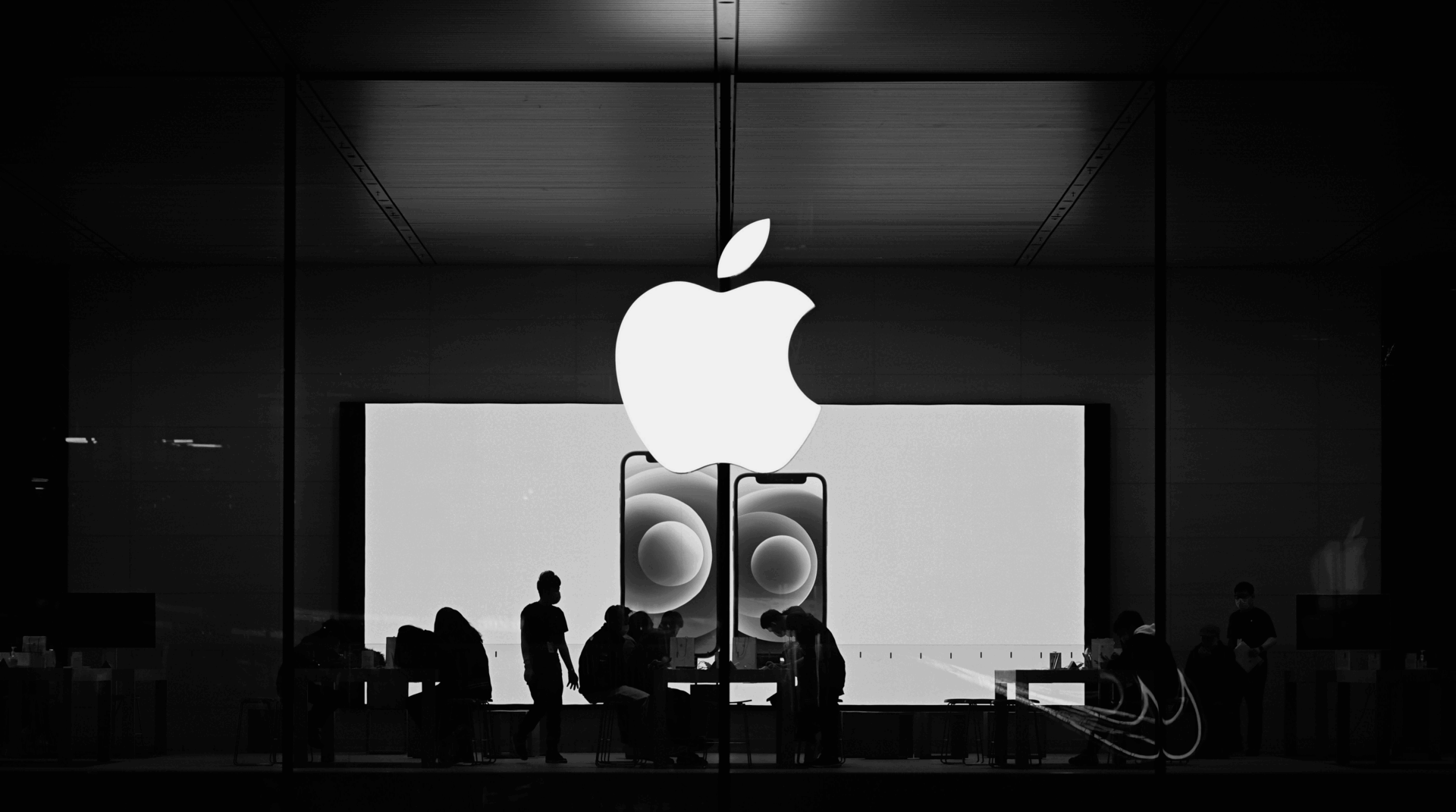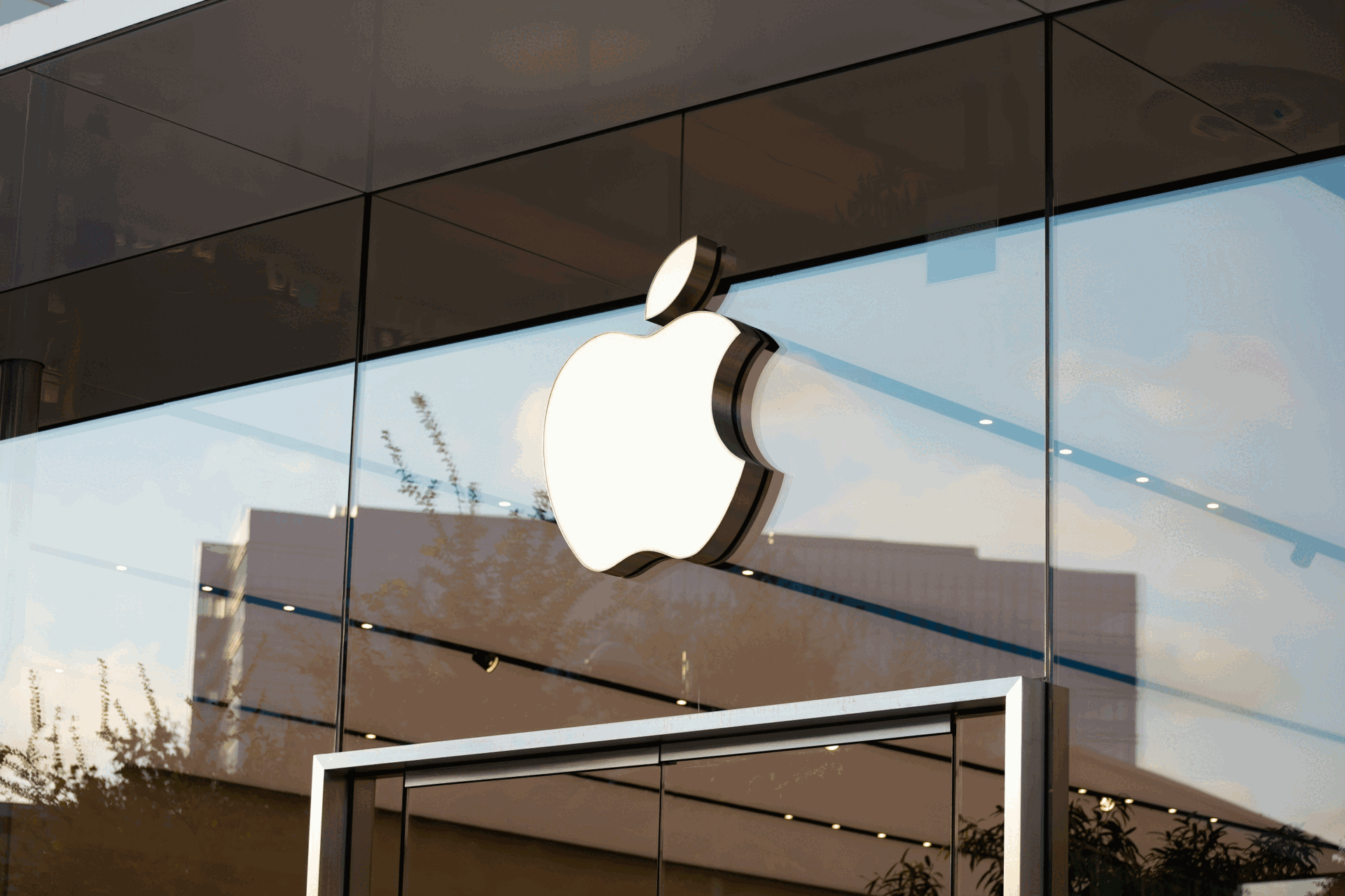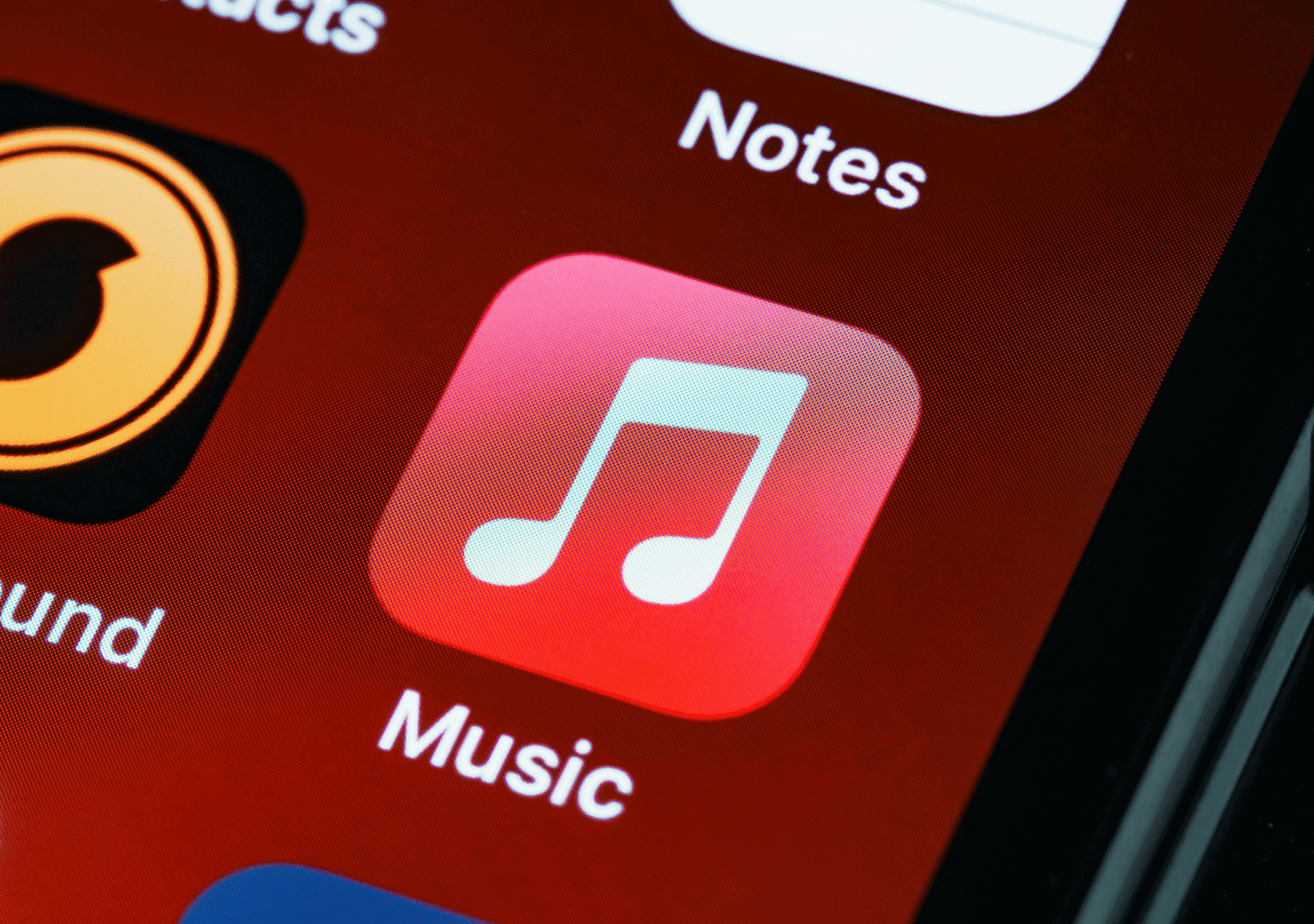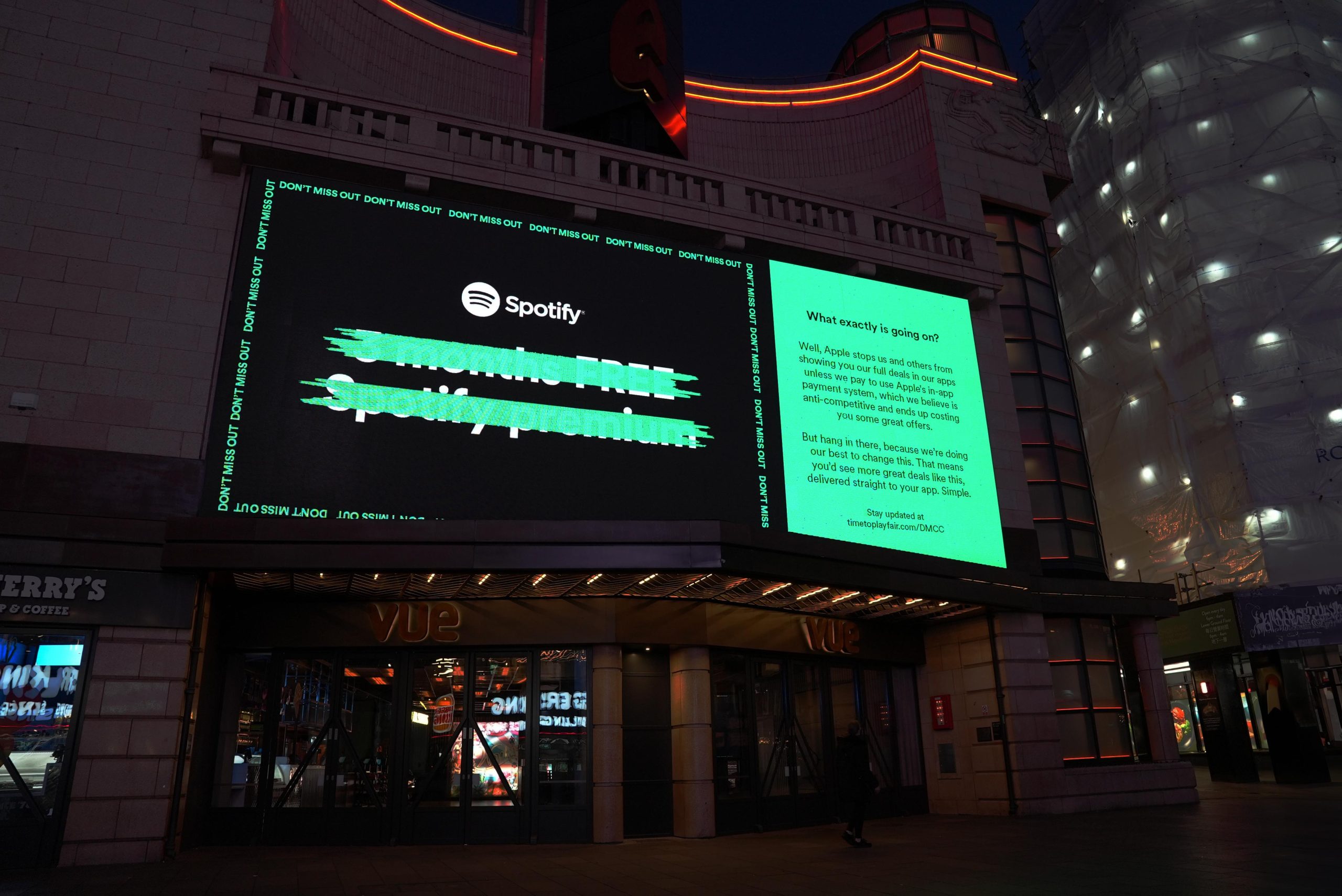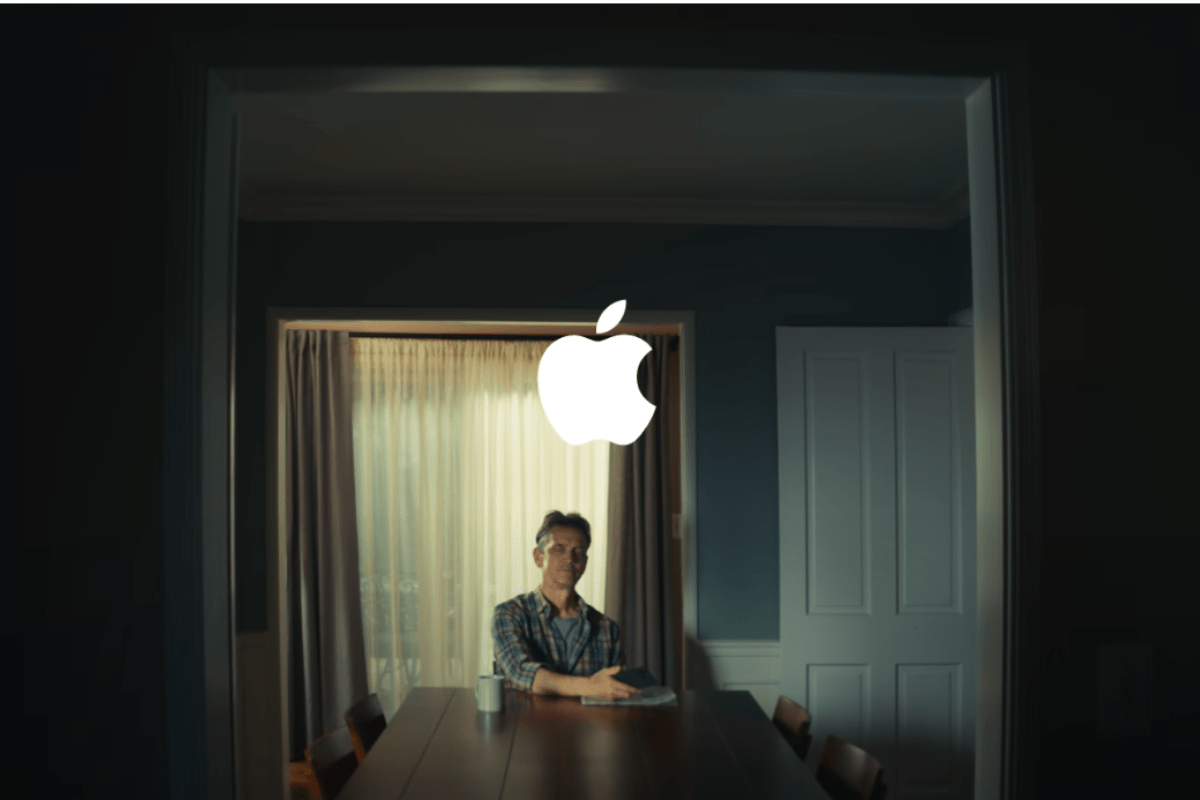Apple and Qualcomm clash over iPhone sales in China
- Tuesday, December 11th, 2018
- Share this article:
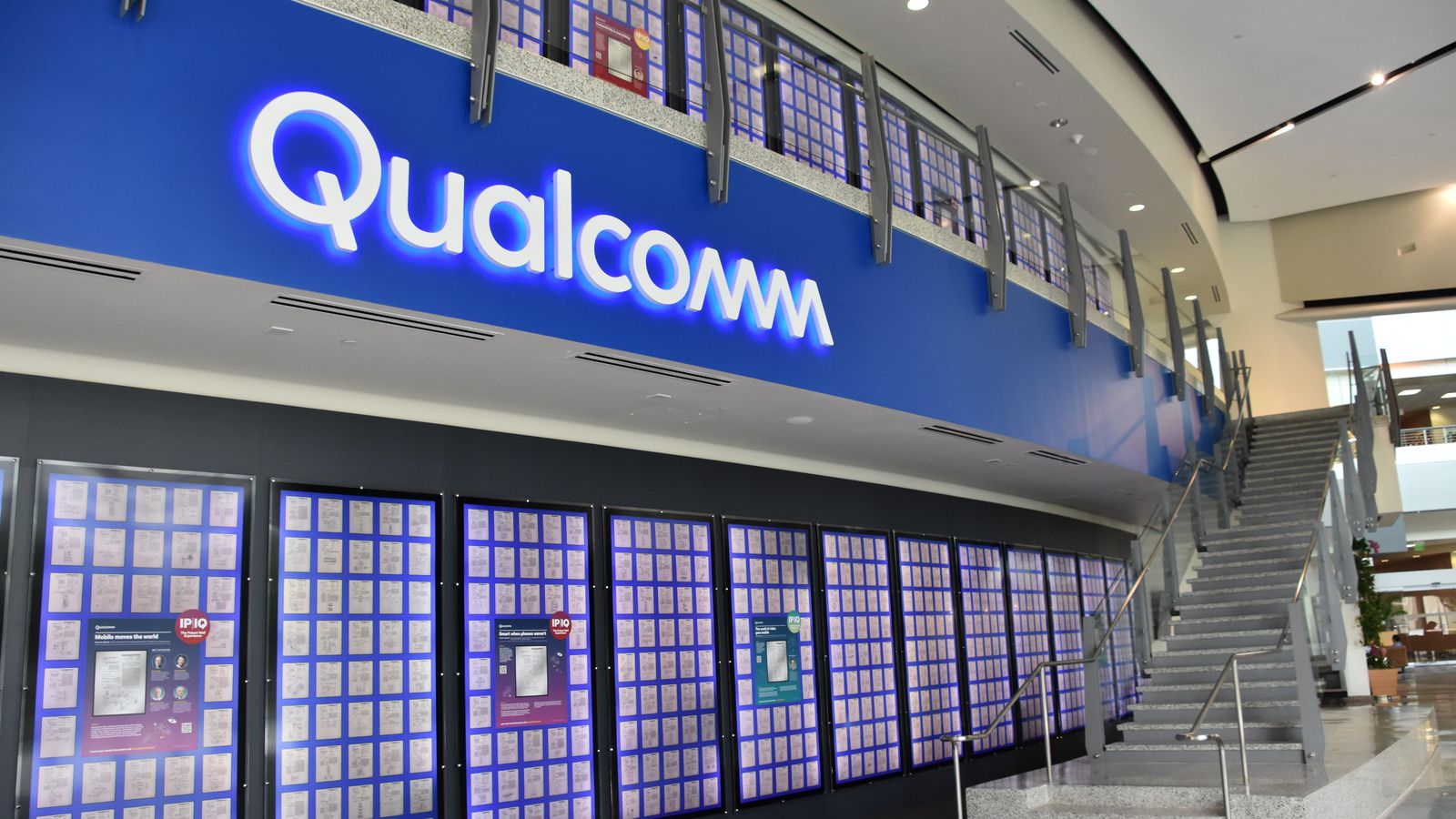 Apple’s relationship with chipmaker Qualcomm continues to deteriorate, with the latest battle between the two tech manufacturers centred on the sale of older model iPhones in China. Qualcomm has claimed that, as a result of a ruling on a patent case in China, some older iPhone models are now subject to a sales ban in the country, but Apple is arguing the decision, and has already filed an appeal to overturn the injunction.
Apple’s relationship with chipmaker Qualcomm continues to deteriorate, with the latest battle between the two tech manufacturers centred on the sale of older model iPhones in China. Qualcomm has claimed that, as a result of a ruling on a patent case in China, some older iPhone models are now subject to a sales ban in the country, but Apple is arguing the decision, and has already filed an appeal to overturn the injunction.
The case, brought by Qualcomm, is part of a larger patent dispute between the two firms which consists of dozens of lawsuits filed around the world. While Apple has claimed that the decision will not impact sales, with all of its phone models remaining available in mainland China, the ruling creates significant uncertainty over the company’s business in one of its biggest markets.
The preliminary order, which came from the Fuzhou Intermediate People’s Court in China, found that Apple violated two Qualcomm software patents related to resizing photographs and managing applications on a touchscreen. The decision impacts the iPhone 6S through to the iPhone X, but only models sold with older versions of Apple’s iOS operating system.
“Apple continues to benefit from our intellectual property while refusing to compensate us,” said Don Rosenberg, executive vice president and general counsel of Qualcomm, in a statement on the decision. “These Court orders a further confirmation of the strength of Qualcomm’s vast patent portfolio.”
In response, Apple issued a statement saying “Qualcomm’s effort to ban our products is another desperate move by a company whose illegal practices are under investigation by regulators around the world. All iPhone models remain available for our customers in China. Qualcomm is asserting three patents they had never raised before, including one which has already been invalidated. We will pursue all our legal options through the courts.”
As a result of the ruling, Qualcomm shares rose three per cent on Monday, while Apple opened more than two per cent down, before closing up 0.7 per cent. Citi has lowered its Apple price target to $200 (£159) a share from $240, saying in a note to investors that while it does not expect China to ban or impose additional tariffs on Apple, “should this occur, apple has material exposure to China”.




